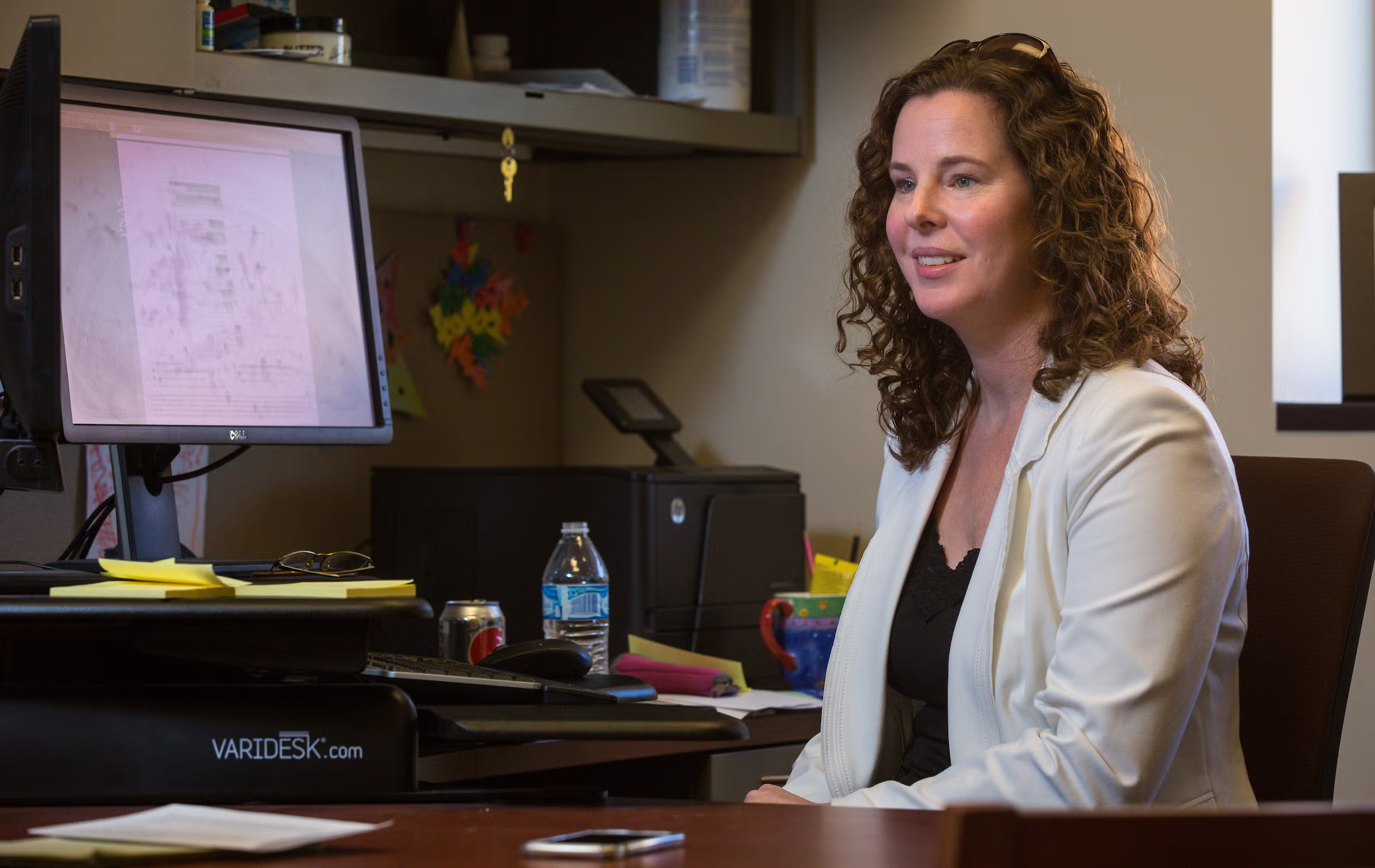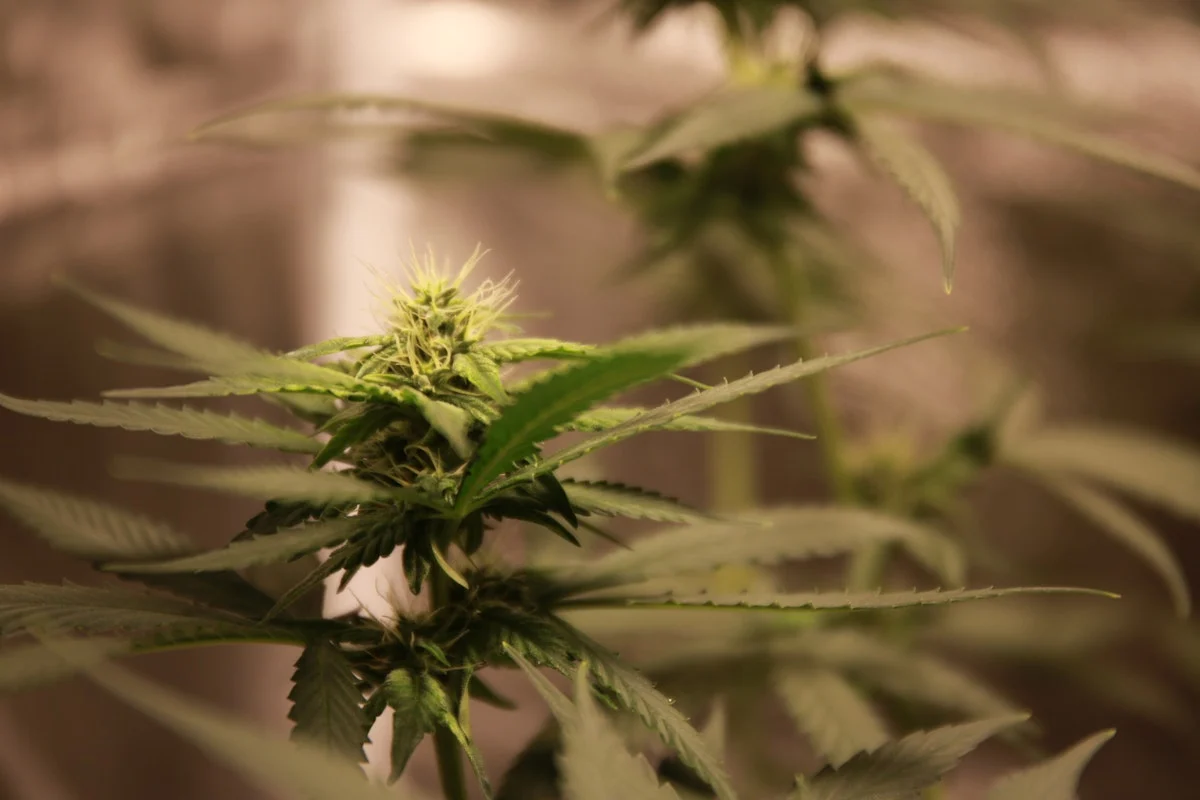A recent study conducted by Arizona State University highlights a 20% increase in cannabis-related hospital visits in Arizona from 2016 to 2021. The research, led by Associate Professor of Psychology Madeline Meier, indicates that a growing number of these visits involve patients diagnosed with mental health conditions. According to the findings published in the Journal of Studies on Alcohol and Drugs, cannabis-related visits were nearly eight times more likely to have a mental health condition as the primary diagnosis compared to non-cannabis-related visits.
The trend of rising cannabis-related hospital visits correlates with an increasing prevalence of mental health diagnoses among these cases. This trend is particularly notable among individuals aged 65 and older. Meier explained that while the legalization of recreational cannabis in Arizona did not occur until late 2020, the data analyzed predates this change, ruling out recreational legalization as a contributing factor to the increase. However, the study suggests that the medical use of cannabis may have impacted the observed trends.
One possible reason for the rise in hospital visits could be the increasing potency of cannabis products. In the 1990s, the average THC concentration in cannabis was around 4%. Nowadays, products available in dispensaries can have THC concentrations averaging around 20%, with some concentrates exceeding 80% or 90%. This heightened potency may lead to acute harms and long-term mental health risks.
Another factor could be the growing number of individuals with mental health issues seeking cannabis as a remedy for conditions like anxiety and depression. Research indicates that depression and anxiety rank among the top reasons people cite for using medical marijuana.
While younger adults still have a higher rate of cannabis-related hospital visits, the increase among older adults is noteworthy. For instance, the rate for 10 to 17-year-olds is more than 2,400 visits per 100,000, compared to 435 visits per 100,000 for those aged 65 and older. Despite the lower overall rates, older adults are experiencing the steepest rise in cannabis-related hospital visits and mental health diagnoses.
In light of these findings, Meier emphasized the need for healthcare providers to inform patients about the increased THC levels in cannabis products. She urged that educating patients on the potential acute harms and mental health risks associated with high-potency cannabis is essential. Although many states permit medical cannabis for mental health disorders, studies have not conclusively shown its benefits, and some research suggests that ceasing cannabis use may improve mental health.
Overall, the study underscores the importance of understanding the relationship between cannabis use and mental health, particularly as cannabis products become more potent and accessible.




